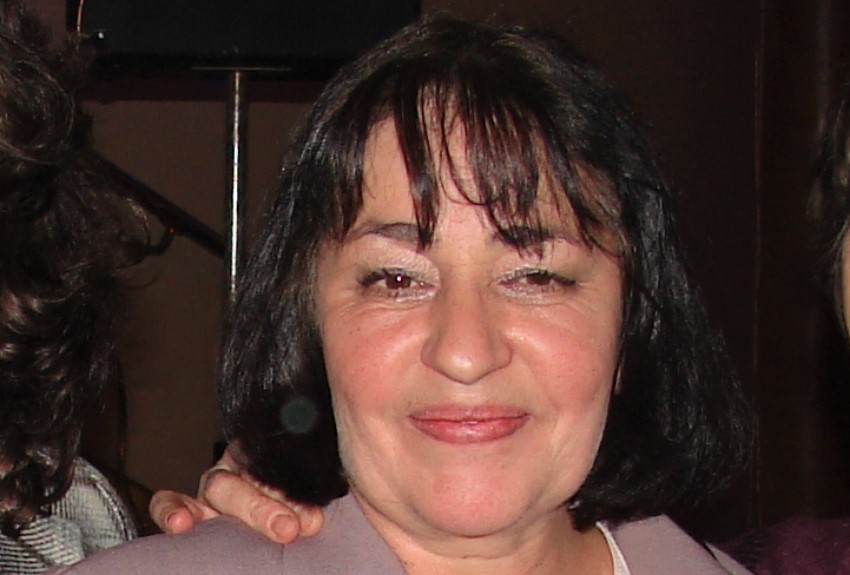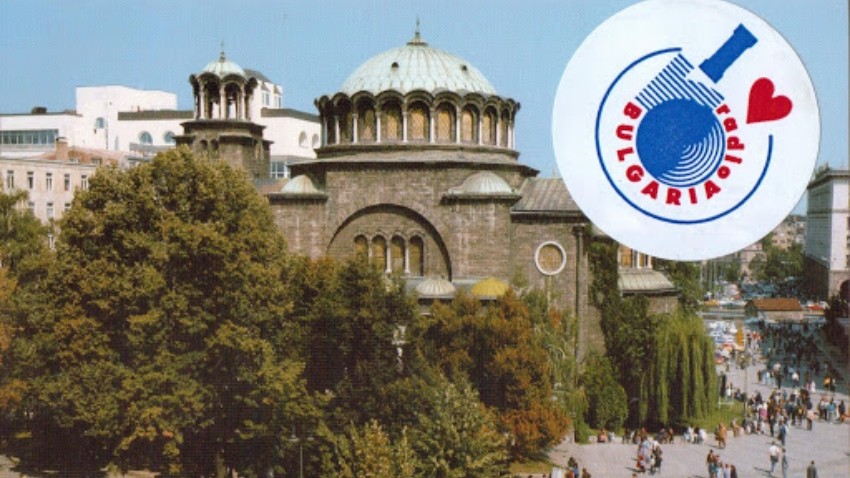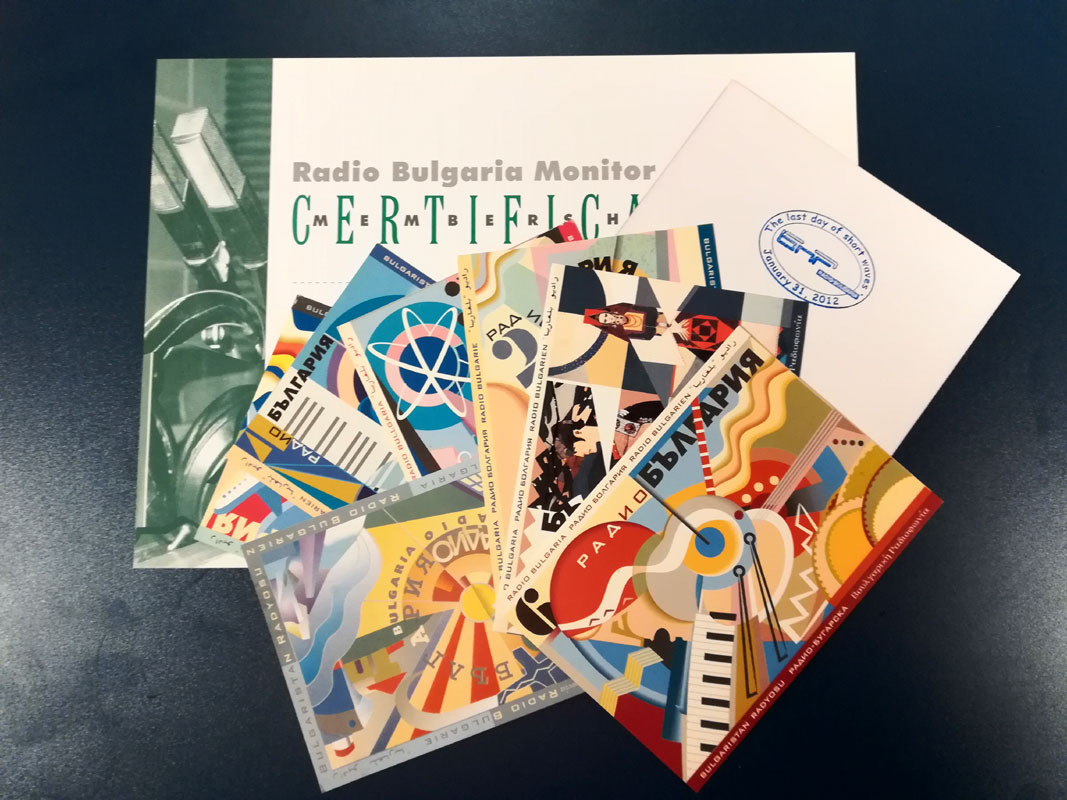The Bulgarian language editorial team of Radio Bulgaria are the ones that together with the reporters from the former Central Information Service, have been responsible for the creation of a significant part of the articles and broadcasts that serve as this country’s business card to Europe and the world.
Silvia Nikolova has been at the core of this work in the editorial office for decades. She defines her work in Radio Bulgaria as a vocation and time that has left lasting memories. She started her professional career at the Bulgarian National Radio back in 1980 as a translator and presenter, editor and then senior editor in the Arabic section of the radio. She continued to work in Radio Bulgaria even after the first closure of the editorial office back in 1989, when she received a new opportunity:

"An internal competition took place in Radio Bulgaria," Silvia recalls. “A new and large editorial office was being created for the Bulgarians abroad. Programs were recorded and lasted 3-4 hours a day and each of us specialized in a particular field. I focused on the sphere of tourism. A little later we switched to live broadcasts. Our programs focused on the life of Bulgarians around the world and on topical issues in Bulgaria."
Interest in the broadcast was extremely high and due to the specifics of the Bulgarian diaspora, special programs were produced in other languages in addition to Bulgarian.

"Bulgarians around the world - both the old communities and the new emigrants, listened to us,” Silvia Nikolova says. “For example, in Thessaloniki, where our program was heard very well on medium waves, Bulgarians listened to us and were getting informed. It was the same in Spain - Bulgarians there wanted us to make a special show for them. But we also sent programs to our colleagues in Argentina. These programs were in Spanish and Bulgarian, as many of our compatriots born in Argentina did not know Bulgarian well. The meetings with colleagues from Bulgarian media around the world were also very interesting, because they allowed us to get thoroughly acquainted with the problems faced by the diaspora. This is how we learned how to make our programs for people outside Bulgaria useful for them”

The feedback that each language team has been receiving from all over the world clearly shows the interest in the programs of Radio Bulgaria during all those years. For example, thanks to listeners' letters, the team learned that special Radio Bulgaria listening clubs existed in some Arab countries. About 100 letters a day used to be received from the audience there and they were answered personally, as a sign of respect.
These days Silvia Nikolova has not stopped believing that Radio Bulgaria is a real treasure for the Bulgarian National Radio because of its mission to represent this country in so many languages.
English: Alexander Markov
Photos: archiveTopics related to renewable resources and natural disasters united students from the Bulgarian Sunday School "Assen and Iliya Peykovi" in Rome, the First English Language School in Sofia and the Greve High School near Copenhagen. The project aims to..
More than 50 wine producers from Bulgaria and Greece are going to take part in the contest for best wine with which the two-fay wine festival will kick off in Delchevo village near Gotse Delchev. Expert oenologists will evaluate a total of 134..
The day of St. Tryphon is marked on 1 February old style (14 February new style), and i n the folklore calendar it spans 3 days, known as Trifontsi – 1,2 and 3 February. Known in popular tradition as Trifon Zarezan (Trifon the pruner), it is a..
21 February is International Mother Language Day, first proclaimed as such by UNESCO and later adopted by the UN General Assembly. The right to..
Prayer served by His Holiness Bulgarian Patriarch Daniil on February 22, marks the beginning of the celebrations for the consecration of..
"The place in France where we draw together the future of our children in Bulgarian" - this is how Yaneta Dimitrova described her workplace - the..

+359 2 9336 661
